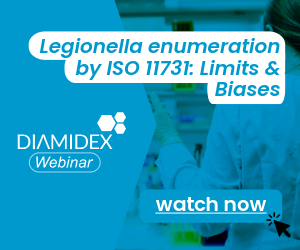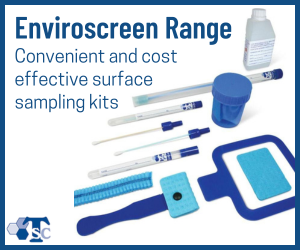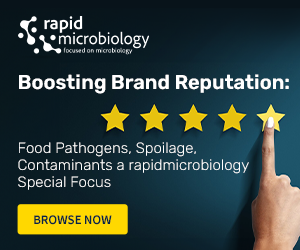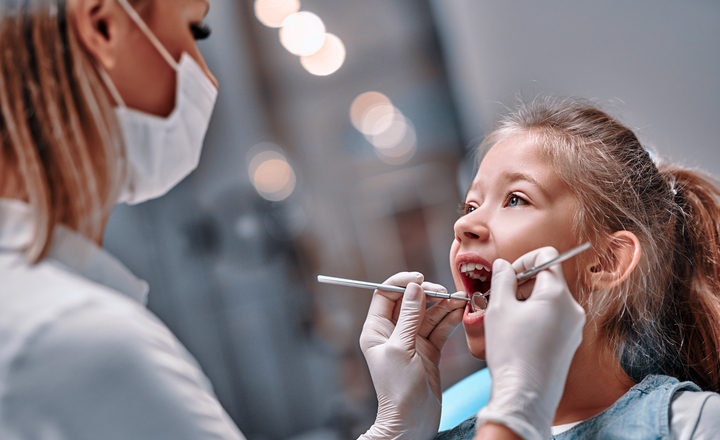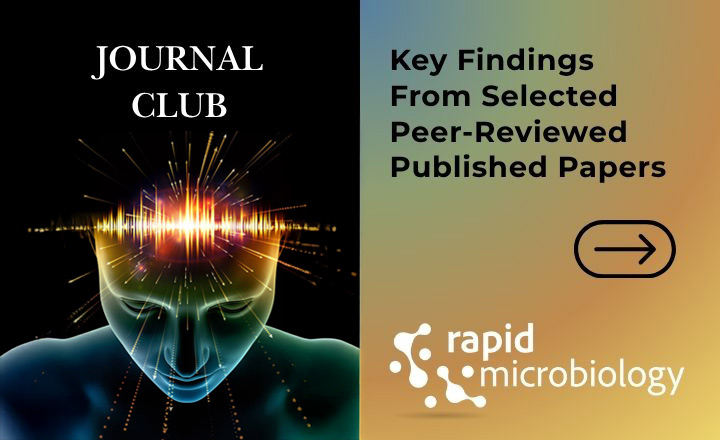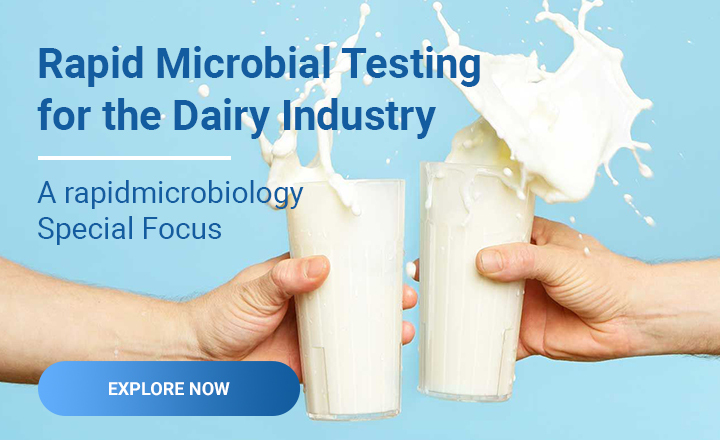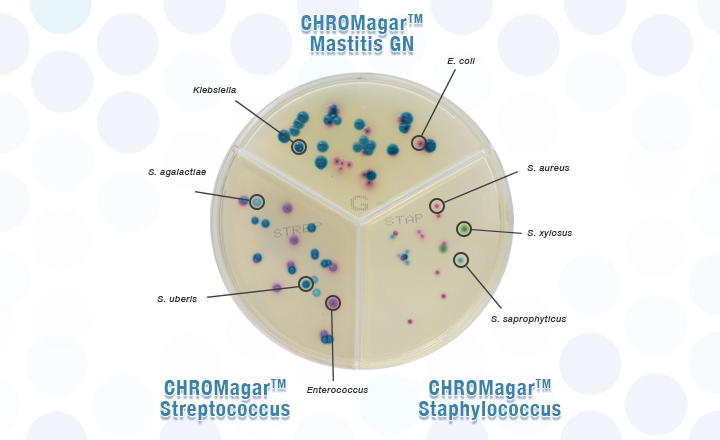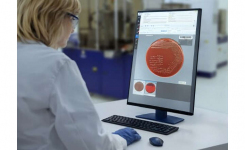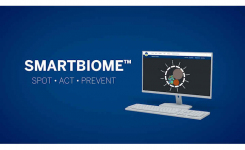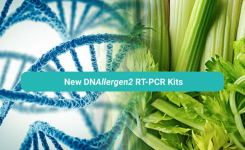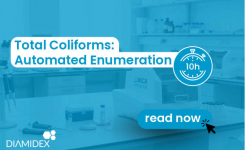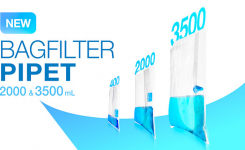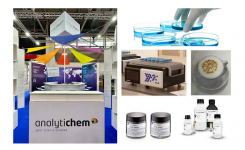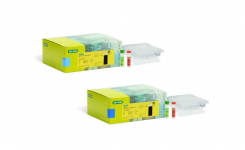- Dental caries are prevalent in childhood and are associated with complex microbial interactions.
- Understanding the virome can offer insights into oral health
- This research may inform novel phage-based caries therapeutics.
Key Findings:
In this study, the salivary virome of 21 children with severe caries was compared to the salivary virome of 23 children with healthy dentition. Samples were analyzed using the ViWrap pipeline, optimized for obtaining viral metagenome-assembled genomes (vMAGs)
- A total of 2,485 viral vMAGs were identified, mostly consisting of phages and representing1,865 unique species-level viral operational taxonomic units (vOTUs) or “viral species” including 478 that appeared novel.
- Differences were noted, suggesting a potential association with disease versus healthy dentition:
- vOTUs predicted to infect Haemophilu, Streptococcus, and Neisseria were strongly correlated with healthy teeth.
- vOTUs predicted to infect Saccharibacteria, Scardovia, Prevotella, and Veillonella correlated with caries.
- Host immunological markers IL-15, TGFα, and GM-CSF were elevated in the saliva of subjects with carries.
- Auxiliary metabolic genes (benefit the viral infection processes, alter the physiology of the host, and consequently the ecology of the microbiota) showed a distinct signature: 11 AMGs identified uniquely in caries-associated microbiomes and 50 AMGs identified uniquely in health-associated microbiomes.
Bigger Picture: Dental caries are one of the most common chronic infectious diseases worldwide. They are caused by dysbiosis of the oral microbiome, including abundant acid-tolerant, acid-producing, and biofilm-forming bacteria. While oral delivery of S. salivarius K12 and M18 strains to target S. mutans growth have been studied2,3 and even commercialized, this study may help identify novel phage-based caries therapeutics in the future.
References:
1. Jonah Tang, Jonathon L. Baker, The salivary virome during childhood dental caries, mSphere, Volume 10, Issue 8,2025
2. Poorni, Saravanan et al. “Effect of Probiotic Streptococcus salivarius K12 and M18 Lozenges on the Cariogram Parameters of Patients With High Caries Risk: A Randomised Control Trial.” Cureus vol. 14,3 e23282. 18 Mar. 2022
3. Di Pierro, Francesco et al. “Cariogram outcome after 90 days of oral treatment with Streptococcus salivarius M18 in children at high risk for dental caries: results of a randomized, controlled study.” Clinical, Cosmetic and Investigational Dentistry. Vol. 7, pages 107-113


